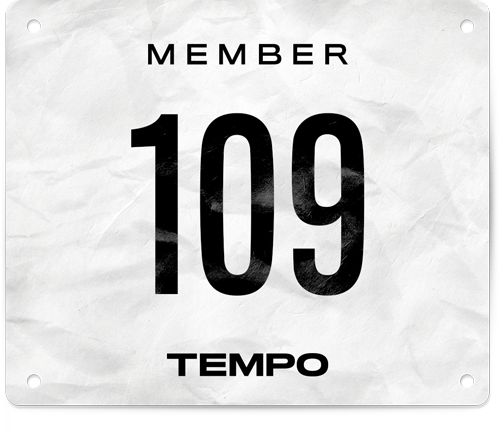Performance
What a finish!
Two epic Olympic marathons over a brutal course
The Paris Games went out with two marathons for the ages, both record-setting runs on the most challenging course in Olympic history.
In the men's race, winner Tamirat Tola wasn't even meant to be in Paris until he received a late call-up to the Ethiopian team to replace Sissay Lemma. Tola established his lead from the 28th kilometre (mile 18) and built from there. Come the finish line, in defiance of the hills that made this such a brutal course, he had run a new Olympic record of 2:06:26, an improvement of six seconds on the late Kenyan Samuel Wanjiru's 2008 record from Beijing. Tola's gold medal is the first for Ethiopia in the marathon since Gezahenge Abera won the event at the 2000 Sydney Games.
He was followed home by Belgium's Bashir Abdi in 2:06.27 for silver, the best Olympic marathon finish in the country’s history. Kenyan Benson Kipruto claimed bronze in 2:07.00.
Eliud Kipchoge's dream of becoming the first person to win three consecutive Olympic gold medals was not to be. The 39-year-old marathon legend was forced to pull out around the 30km mark, citing back pain. He later said it was not the hilly course that had done him in, only the injury.
“This is my worst marathon. I have never done a DNF. That’s life,” he said.
The great man stopped to stand in the middle of the course before handing his bib, shoes and socks to a fan as the crowd applauded and cheered.
He was reluctant to say if this is the end of the road.
“I don’t know what my future will hold. I will think about it over the next three months. I still want to try to run some marathons,” he said.
“It’s like boxing. You can go to a training camp for five months and be knocked out in two seconds. But life will continue.”
The following day, the women's event was even more dramatic, with a contested sprint finish that will go down in history. It ended with the Netherlands' Sifan Hassan adding gold to the two bronze medals she had already gained by completing an almost-unheard-of trifecta in the 5000m, 10,000m and marathon.
France's Melody Julien carried the host nation's hopes with her as she took a strong early lead. By the 12km mark she'd been joined by defending Olympic champion – and "women only" world record holder – Peres Jepchirchir before the chase group caught up to both of them.
For patriotic Aussies – already riding the wave of the nation's most successful Games – one of the most uplifting moments was the sight of Jess Stenson and Gen Gregson leading the race side by side at the halfway mark, after Stenson pushed hard during one of the hill sections.
In the final five kilometres, a who's who of the contemporary women's marathon established a five-strong leaders' group. Within touching distance of each other were Boston Marathon winner and Olympic medallist Hellen Obiri, London Marathon winner and Olympic medallist Hassan, NYC Marathon winner Sharon Lokedi, Valencia Marathon winner and Boston silver medallist Amane Beriso Shankule, and "mixed race" world record holder Tigst Assefa. Jepchirchir had already lost touch with the frontrunners at this point of the race.
Shankule fell off the pace first, followed later by Lokedi. The final three athletes fought it out – almost literally – to the finish line.
In the final 150 metres it came down to Assefa and Hassan. The pair traded elbows as it looked like Assefa tried to block out Hassan against the spectators' barrier before the Dutch athlete jostled clear and out kicked her opponent in an incredible sprint to the finish.
The Ethiopian team lodged a protest to have Hassan disqualified for obstruction, but it was rejected by the Jury of Appeal. While Hassan did not attend the post-race news conference, Assefa had a few choice words to share.
Speaking through a translator she said, “I didn’t expect at that moment it would happen. Maybe at that moment, if she didn’t push me I would have the gold. But anyway, I’m so happy for her that she gets the gold medal.”
Hassan took the race in 2:22.55, a new Olympic record. Assefa was three seconds behind and Obiri came third with 2:23.10.
Speaking after the race, Hassan said she was able to draw upon her domination on the track.
“I feel like I am dreaming. At the end, I thought, ‘This is just a 100-metre sprint. Come on, Sifan. One more. Just feel it,’” Hassan said. “Every step I challenged myself, and now I am so grateful.”
Hassan was modest when describing her attempt to win in the middle- and long-distance events. “I am no legend. I'm just some crazy, curious person that does everything.”
While Hassan didn't match Czech legend Emil Zatopek’s triple gold in the same events at the Helsinki Games of 1952, even her fellow Olympians were impressed by what she did achieve.
“She’s inspired so many people,” Obiri said after the marathon.


